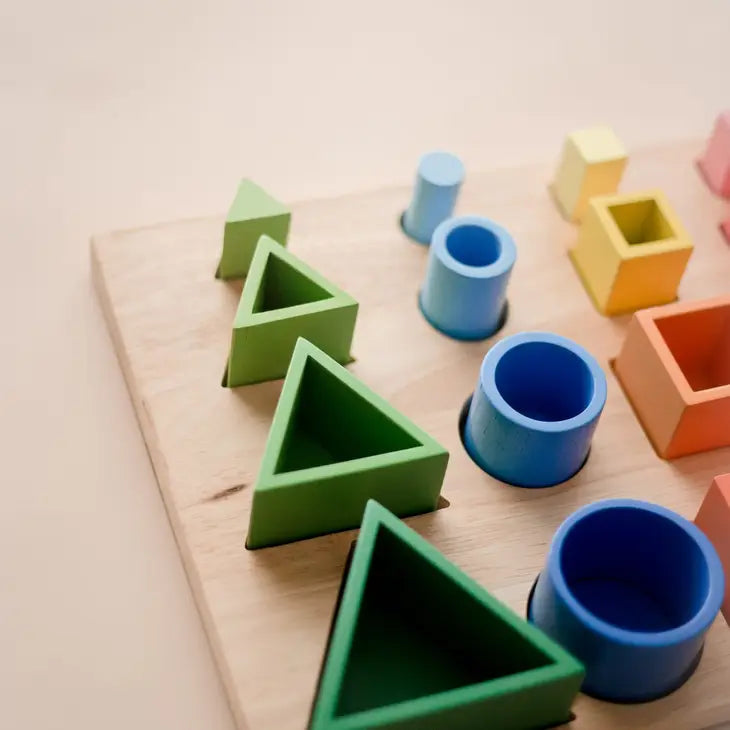
Unlocking the Power of Puzzles: Enhancing Language Skills in Children
Share
Puzzles have long been hailed as a timeless activity for children, offering not only entertainment but also a plethora of developmental benefits. From fine motor skills to cognitive abilities, puzzles serve as a fun and educational tool to foster growth in various areas of a child's development. In this blog post, we'll explore the importance of puzzles in enhancing language skills and delve into the myriad benefits they offer to children.
Fine Motor Skills: One of the primary advantages of puzzles is their ability to enhance fine motor skills in children. As youngsters manipulate puzzle pieces, they engage the small muscles in their hands, honing dexterity and coordination. This hands-on activity lays a solid foundation for handwriting and other tasks that necessitate precise finger movements. By encouraging children to grasp, maneuver, and fit pieces together, puzzles provide a valuable opportunity for physical skill development.
Hand-Eye Coordination: Puzzle play also facilitates the development of hand-eye coordination, a vital skill that enables individuals to synchronise visual information with manual actions. As children align puzzle pieces with corresponding spaces, they must carefully observe, analyze, and adjust their movements accordingly. This seamless integration between vision and motor control strengthens the neural connections between the brain and hands, fostering improved coordination and spatial awareness.
Spatial Awareness: Furthermore, engaging in puzzle activities nurtures spatial awareness—a fundamental cognitive skill essential for navigating the physical world. By arranging pieces to form a coherent picture, children develop an intuitive understanding of spatial relationships, shapes, and proportions. This heightened spatial awareness not only aids in puzzle-solving but also lays the groundwork for success in tasks that require spatial reasoning, such as geometry and map reading.
Problem-Solving Skills: Puzzle-solving is inherently a problem-solving endeavor, requiring children to strategize, experiment, and persist until they achieve success. As youngsters encounter challenges while piecing together puzzles, they learn to approach problems methodically, break them down into manageable components, and explore various solutions. This iterative process fosters resilience, critical thinking, and creativity, empowering children to tackle complex problems with confidence and ingenuity.
Cognitive Development: Moreover, puzzle play engages multiple cognitive skill areas, including memory, attention, and visual perception. As children search for matching pieces, recall patterns, and anticipate outcomes, they exercise their cognitive faculties in a playful and stimulating manner. This cognitive stimulation not only sharpens their mental acuity but also cultivates a thirst for learning and exploration—a hallmark of lifelong intellectual development.
In conclusion, puzzles are far more than just a source of entertainment; they are powerful educational tools that promote holistic development in children. By honing fine motor skills, enhancing hand-eye coordination, fostering spatial awareness, nurturing problem-solving abilities, and stimulating cognitive development, puzzles offer a myriad of benefits that extend far beyond the realm of play. So, the next time you engage in puzzle play with your child, remember that you're not just piecing together a picture—you're laying the groundwork for their future success and enriching their journey towards language proficiency and beyond.
Check out our range of puzzles here
